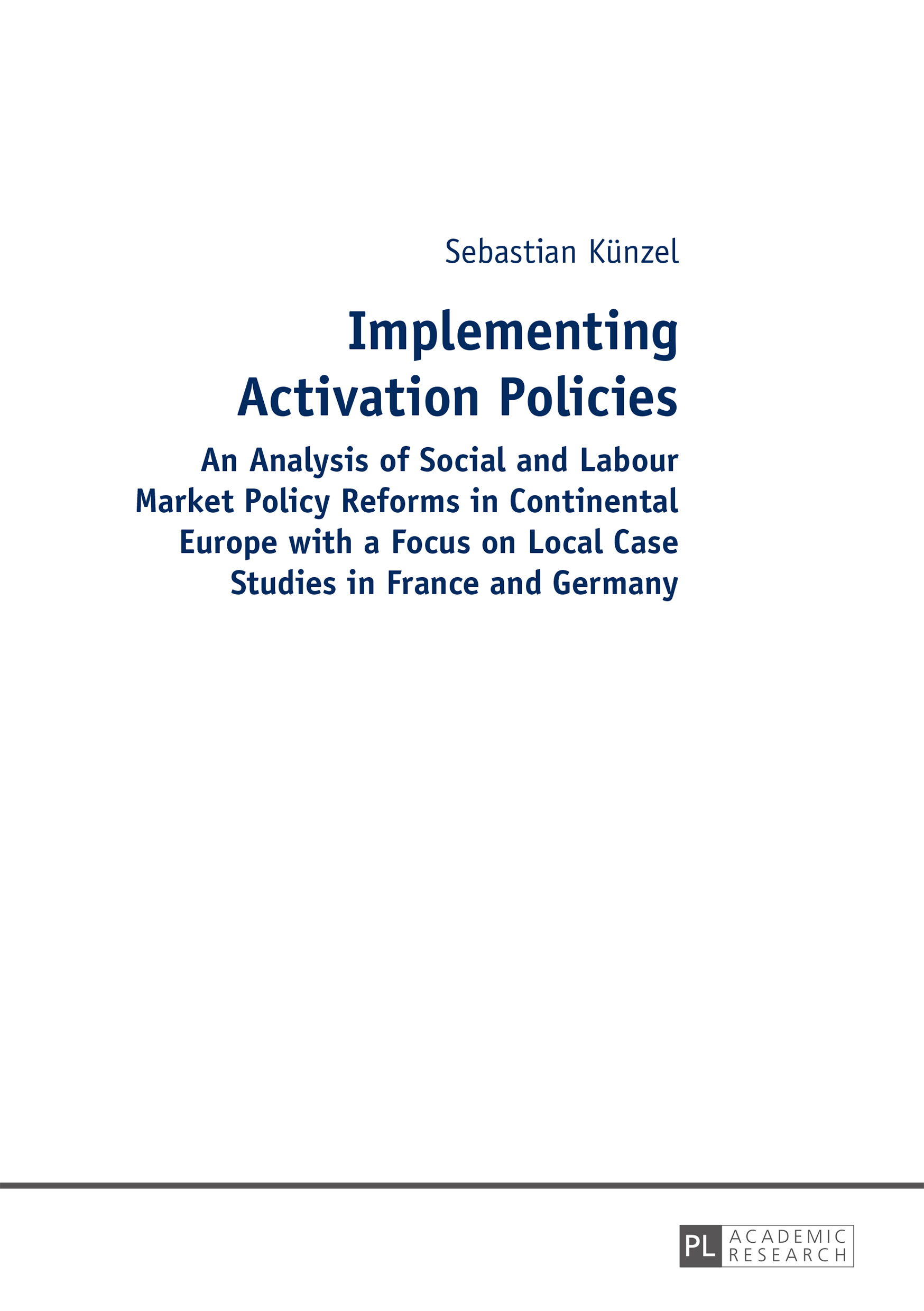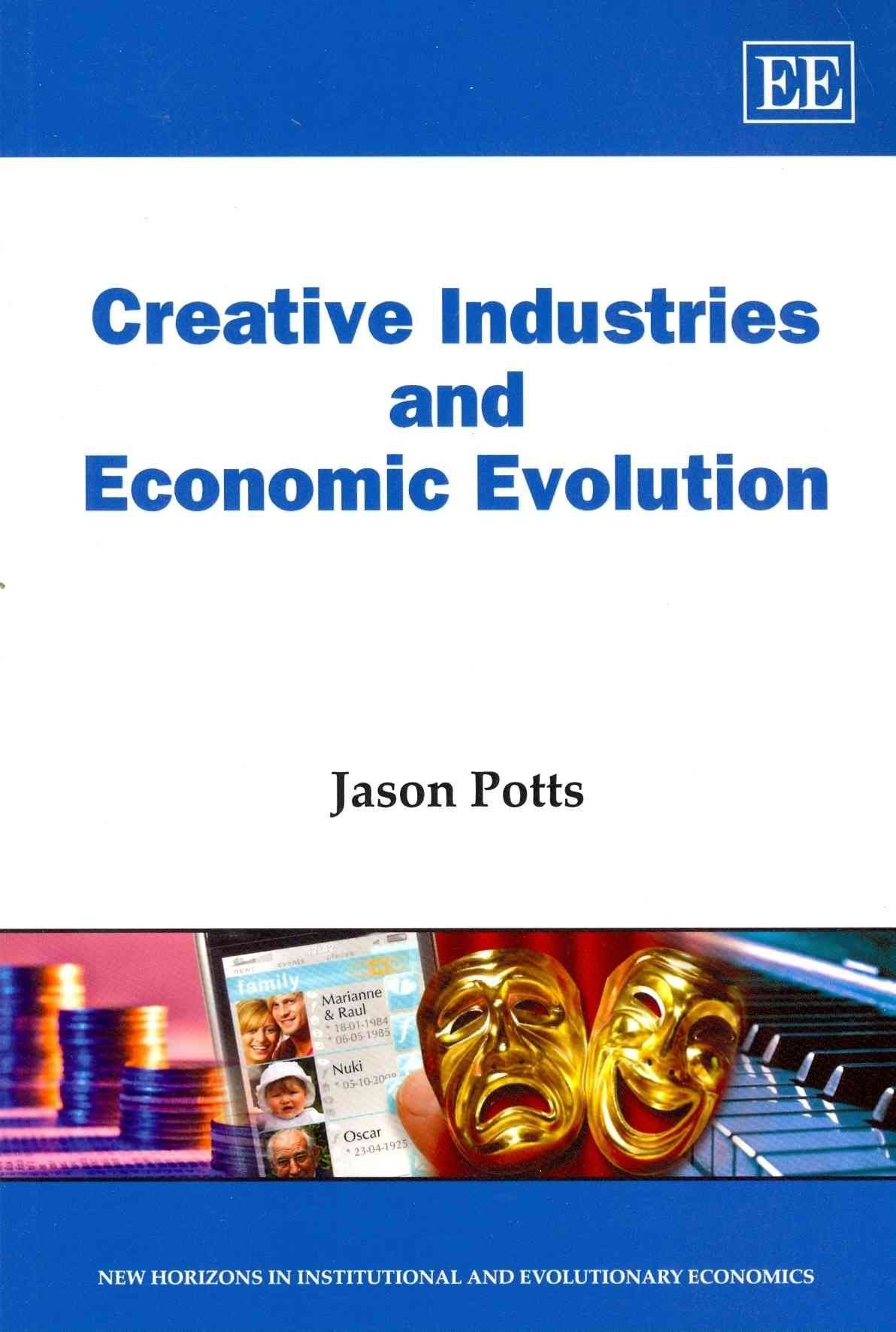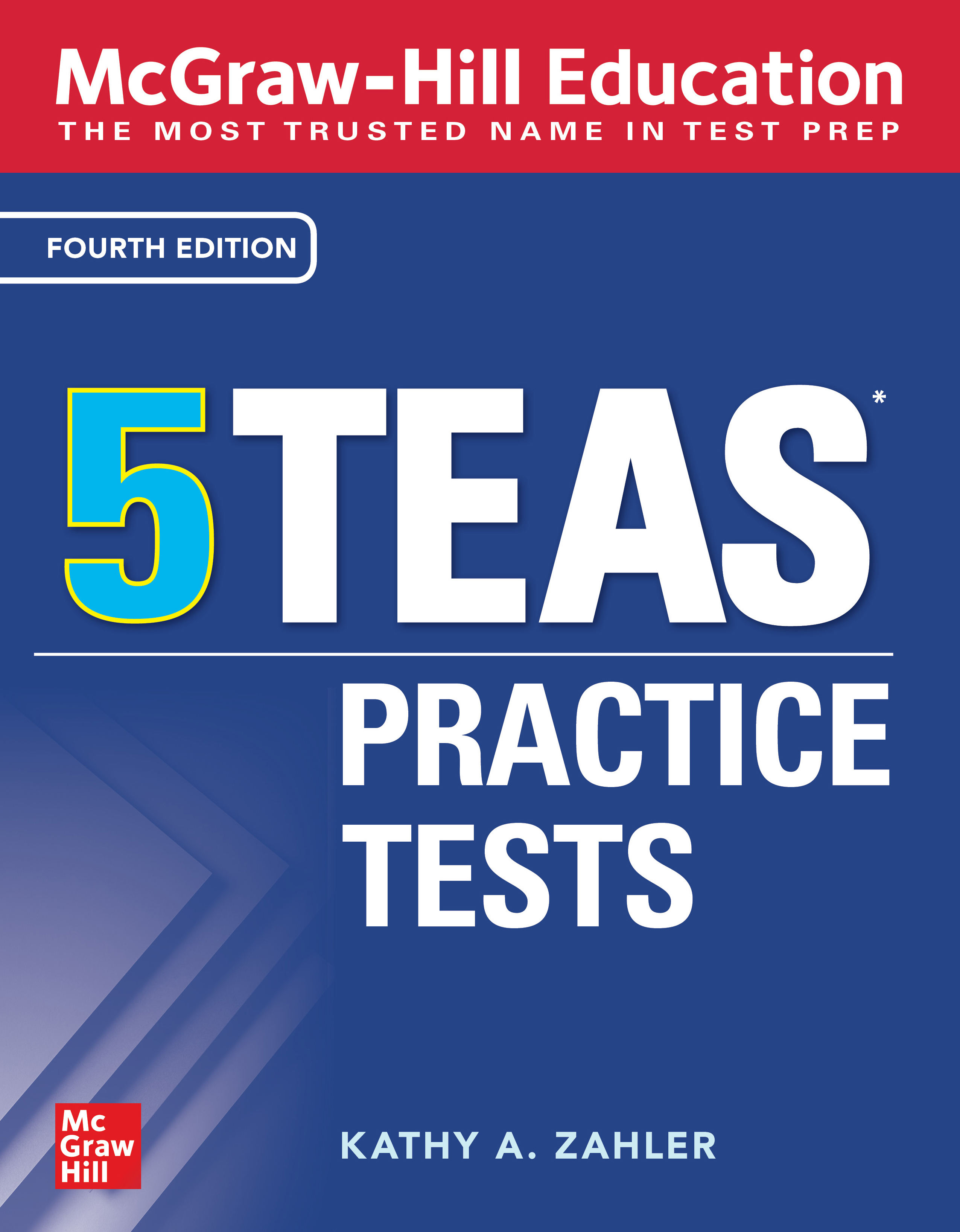Insurance intermediaries can help consumers to economize on information and transaction costs in insurance markets. However, competing intermediaries provide heterogeneous information services, which are difficult to assess by incompletely informed consumers. Conduct and performance in the market for insurance information services are analyzed by applying search theoretical and industrial organization approaches. Based on a sample of 927 insurance intermediaries, the factors that affect the quality of the information services provided by them are studied empirically. The results obtained support the main hypotheses derived from industrial organization theories as to the poor working of quality competition under incomplete and asymmetric information on the side of consumers. Thus, public policy should concentrate on increasing transparency about intermediaries’ (in-)dependence from insurance companies and improve consumers’ financial literacy to raise the overall quality in the information services market.












